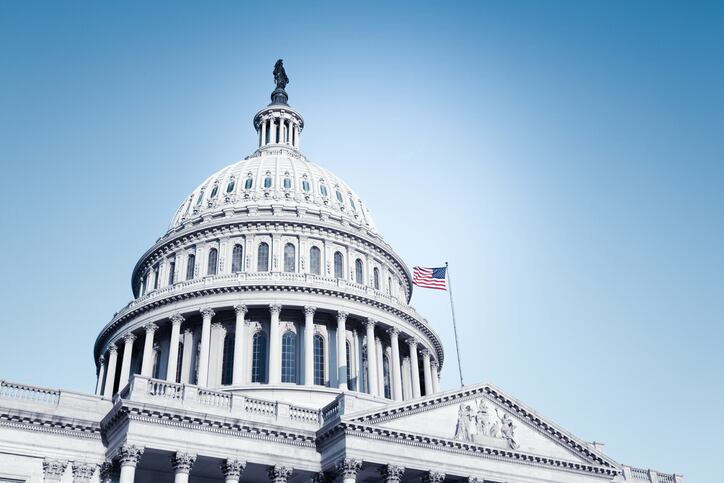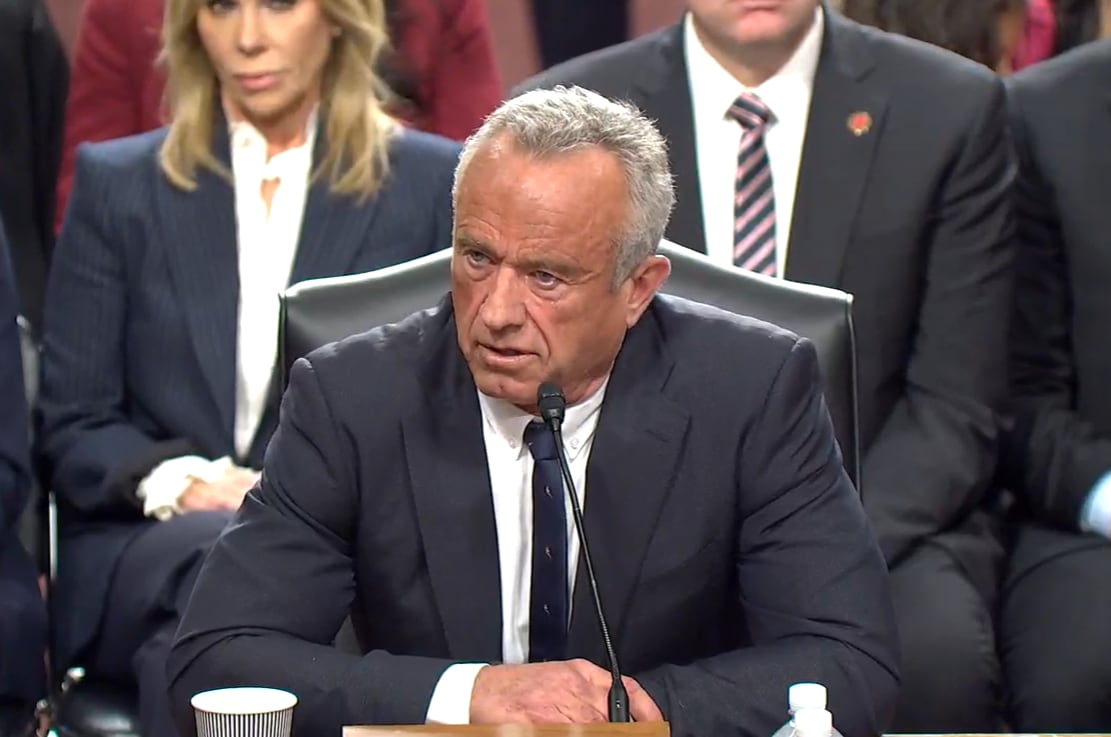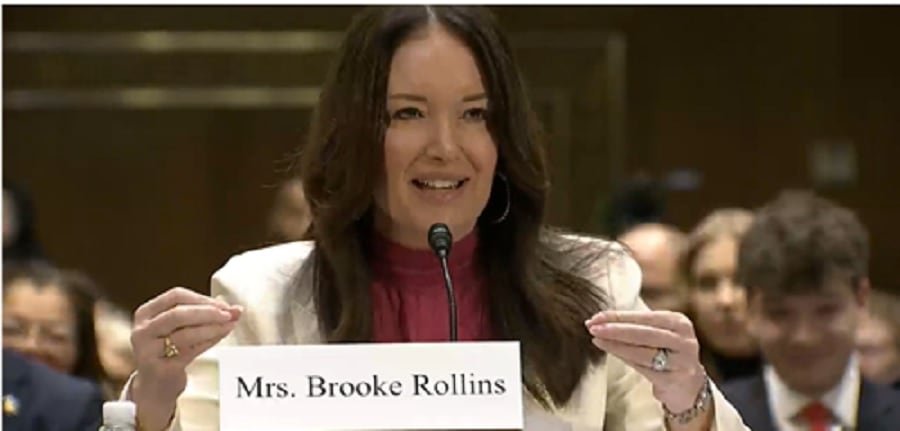RFK, Jr.‘s slim confirmation of 52-48 down party lines, with Sen. Mitch McConnell of Kentucky the sole Republican dissenter, reflects the deep division of his polarizing positions and the spectrum of hopes and concerns voiced by the industry.
Among the industry’s top priorities for Kennedy are ensuring regulatory decisions are science- and risk-based, supply chains remain resilient and food is accessible and safe. There are mixed opinions, including cautious optimism, for improving the healthfulness of the American diet under each leader – if appropriate checks and balances are in place.
Rachel Rollins confirmed to lead USDA
The same day the Senate confirmed RFK, Jr. to lead HHS, they also confirmed Rachel Rollins to take the healm at the US Department of Agriculture, which oversees food benefits, school lunches, the ongoing bird flu outbreak and farm programs. Read more here to learn how her appointment might impact the food industry and what stakeholders would like her to prioritize.
A need for change
Whether Kennedy is the best choice for to lead HHS remains up for debate by stakeholders, but many in the industry agree some changes are necessary to address the massive challenges confronting the food system and the health of America.
“In arguably the most polarized moment of our country, finally there is a problem it seems we can all agree on. We have a chronic disease epidemic that has gone unaddressed and our food and healthcare systems need major reforms,” said Ricky Silver, CEO of the frozen meal delivery company Daily Harvest.
He opined that Americans’ dissatisfaction with the traditional Democratic party response to these challenges supported the election of President Donald Trump and the US Senate’s confirmation of RFK, Jr. to HHS secretary.
“People are pissed with the current state of affairs, and they should be. For decades, the industrial food system has focused on making cheap, addictive products while the industrial agriculture complex has flooded crops with chemicals to prop up a handful of commodities,” he said.
Silver counts himself among those unhappy with past efforts to address challenges at the intersection of the food and health systems.
“I was beyond frustrated to see how little” former Vice President Kamala Harris’ presidential campaign “spoke to the chronic disease epidemic, the failures of the healthcare industry and the massive flaws in our food systems,” he said.
“Kennedy’s confirmation as HHS secretary, despite his history of promoting scientifically disputed health claims, reflects the depth of public frustration with these systemic failures,” he added.
A ‘science and risk-based’ framework must remain, stakeholders advocate
But can Kennedy under the Trump Administration enact appropriate change in the best interest of stakeholders across the food value chain, including consumers?
Silver admits he is skeptical the new administration will remain committed to the Make America Healthy Again movement and the values championed by Kennedy during his brief stint as a presidential candidate.
He also is concerned that under Kennedy’s leadership “there is a real risk that evidence-based solutions could be overshadowed by contentious and medically unsupported claims and hyper-partisan squabbling.”
The importance of grounding HHS policy in science and data is shared by others in the food industry, including the Consumer Brands Association.
In extending congratulations to RFK, Jr. on his appointment, CBA underscored in a statement that “keeping consumers and their families safe is our No. 1 priority.”
To deliver that the existing science and risk-based mandate that currently governs HHS must remain under the new administration, stressed Sarah Gallo, CBA’s senior vice president of federal affairs.
NPA: America needs a leader at HHS ‘who prioritizes consumer health’
While some debate the veracity of the science and data on which RFK, Jr. has based past health recommendations and actions, some in the industry are invigorated by his dedication to public health and advocacy.
“As the nation faces evolving public health challenges, having a leader at HHS who prioritizes consumer health and well-being is more important than ever. Mr. Kennedy’s long-standing commitment to these principles makes him uniquely suited for this role,” states the Natural Products Association.
“As Americans increasingly seek access to dietary supplements and natural products to support their health and well-being, it is essential to have HHS leadership that understands the value of these products. Mr. Kennedy has long demonstrated a commitment to transparency, fostering open dialogue on public health matters and defending the right of individuals to make informed choices about their health. His leadership aligns seamlessly with the goals of the Natural Products Association and the broader mission of the Department of Health and Human Services,” NPA CEO and President Daniel Fabricant added in a statement.
A new ‘north star’
To effectively address the concerns about America’s health and access to nutritious food that many share, Silver advocates setting aside partisan posturing and embracing a new ‘north star’ for America’s health and food systems.
He advocates prioritizing organic adoption for agriculture, aligning with international standards on chemical additives and ultra-processed foods and incentivizing corporate collaboration through grant funds, tax incentives and private/public partnerships to address supply chain challenges.



